My first pregnancy felt remarkably routine. We were pregnant at first try, and expected the pregnancy would progress just as smoothly. After all, women get pregnant everyday, and I didn’t seek out any extravagant fan fair to mark the event as unique. We were happy with the love and quiet congratulations of very close friends and family. You can read the complete story of our journey with Baby H here, and our subsequent need to conceive again after the loss.
Losing our first child complicated this subsequent pregnancy. Less than three months prior I had birthed then buried a small baby girl. Our grief had compelled us to start trying for a baby again as quickly as possible. Not to replace that life, so much as to regain a sense of forward momentum on the path we had taken for granted was already secured for us. The next positive pregnancy test was met with wonder and dulled happiness. My body was flooded with hormones from this new growing life, and my mind was still reeling from the “what ifs” and trauma of the loss. No longer did I have the blissful ignorance that pregnancy would guarantee me a health, living child.
This pregnancy was so much more complex…
The Stats Don’t Matter
Most women who have experienced a pregnancy loss become pregnant again within a year and successfully have a child….
I was told this by my midwife, doctors, ultrasound techs and hospital staff shortly after the loss of my daughter. Perhaps they wanted to reassure me that another child was possible, or perhaps they didn’t know what else to say. At that time, so fresh from the loss, the stats meant nothing to me. During my first pregnancy, my midwife hadn’t even bothered to touch on the possibility of a miscarriage. The chances were presumably so remote. Now I was being told to have faith in another statistical likelihood of success. To me, the stats didn’t matter. I rode out each day of my pregnancy tentatively hoping that this pregnancy would result in a living child. I coined the term “Schrödinger’s Womb” in my peer support groups. Only once I had a living, breathing, stable new born in my arms was I prepared to released this held breath.
Pregnancy Hormones Amplify Grief
Pregnancy did not alleviate my grief. In part, the hormonal imbalance that most pregnant woman face only seemed to amplify my emotions. I remember soft lullaby music playing in the ultrasound room during my post follow up appointment. Since the loss, any instrumental music, joyful or sorrowful would have me in messy hysterics. Popular music in general could set me off. I drove in silence to work. There are far too many songs with the lyric “baby”. Sometimes I’d find myself crippled by sobs in the grocery store. This would ofcourse be expected when passing the baby isle or purchasing a pregnancy test. Other-times, I would find myself sobbing from the discovery of an interesting new flavour of ice cream or condiment. A small pleasure she would never get enjoy…..
I felt crippled by the heartache, but actively resisted sources of joy or laughter. I turned away from comedy shows. I didn’t want to be distracted from my grief. I wanted to sit in limbo with the memory and sorrow for my daughter. I wanted to feel close with her, and struggled to built that connection with this new little life.
Pregnancy Symptoms Are A Life-Line for Hope
Every seemingly inconsequential symptom or sign of pregnancy is a life line for hope. My baby is not dead if I still have morning sickness I would tell myself. Most women sigh relief when entering the second trimester as their morning sickness and fatigue start to dissipate. I held my breath through the long 6 week trial between crossing into the second trimester and feeling my baby move for the first time. Only during those moments when baby moved was I assured baby was still with me. Even after a successful (and quit unexpected anatomy scan reveal!) I was resistant to expect a positive outcome as guaranteed. Each morning I would wake, feel around for a life affirming kick, then get out of bed to start my day.
Trips To The Washroom Are Terrifying
If there is something pregnant woman are known for, it’s frequent trips to the washroom. I couldn’t go without inspecting myself, the water, and the tissue for blood each time. An inconvenient trigger from an annoyingly frequent necessity. While this scenario had not played out in my personal loss experience, now pregnant again, I started reading other loss stories and spoke with mother’s who had miscarried in this way. I was now incorporating their past lost stories as a potential outcome for this pregnancy. I had also lost a significant amount of blood in the weeks before my life saving surgery, so I was traumatized by the possibility of future bleeding.
Gender Reveals Are More Complex
Finding out the gender can hold special significance after the loss of a previous pregancy. Some mothers are thankful to be carrying the oppisite gender. The promise of a different gender can create a much wanted sense of distance. A fresh start, a different outcome, and promise that this baby wont be subjected to living in the shadow of what should have been. Others, like myself, find ourselves still trapped under the spell of what should have been. I wanted a daughter, because I felt I had been promised a daughter. If that baby had been a boy, I believe I would have desired another boy. A gender reveal adds one more layer of complexity to the grieving process. Disappointment, then guilt if the gender was not what you were hoping for. Excitement, then guilt if the gender is as desired. We question these complex emotions, and chastise ourselves as not being grateful for simply having another chance at a living child.
Medical Appointments Continued To Traumatize
Medical appointments were particularly traumatizing following the loss of my daughter. Though by OB this pregnancy was an incredible breath of fresh air, most of the medical staff remained as detached and unprofessional as my first pregnancy. Nurses and ultrasound technicians had to be repeatedly reminded not to ask about the first loss. This was even written in my chart by my OB. Nurses would simply wave me off, explaining they didn’t bother to read the chart. “Is this your first?” was a common, unsettling question I would frequently face in public. It still astonishes me that little tact or compassion was given in a hospital setting. I found myself deliberately staring at a poster advertising the importance of patient mental health while reminding the attending nurse through tears and choked sobs of my OB’s directives.
Every Milestone Matters
I felt like I was living life swinging from one milestone to the next, checking off each successful clearance as one step closer to a living child. First, like most pregnant women, I just wanted to make it past the first trimester. Next, I wanted to make it beyond the week my daughter had passed. I then crossed my fingers for a successful anatomy scan. My first anatomy scan had revealed that my daughter was already dead. I longed to see a squirming baby flicking across that screen. A heart beat rapidly beeping. Every week there after we inched towards a greater chance of viability. A greater likelihood we would be blessed with a living child. My loss forced me to confront the reality that there is truly no “safe” time. First trimester, second trimester, third trimester, birth, newborn… and every stage there after our children may be taken from us. All I could do was take each week on as they approached, and count our progress with each week’s completion.
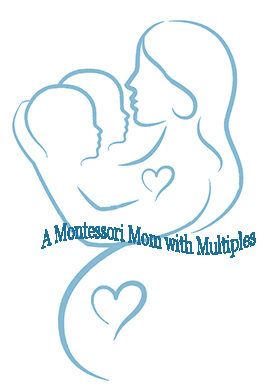
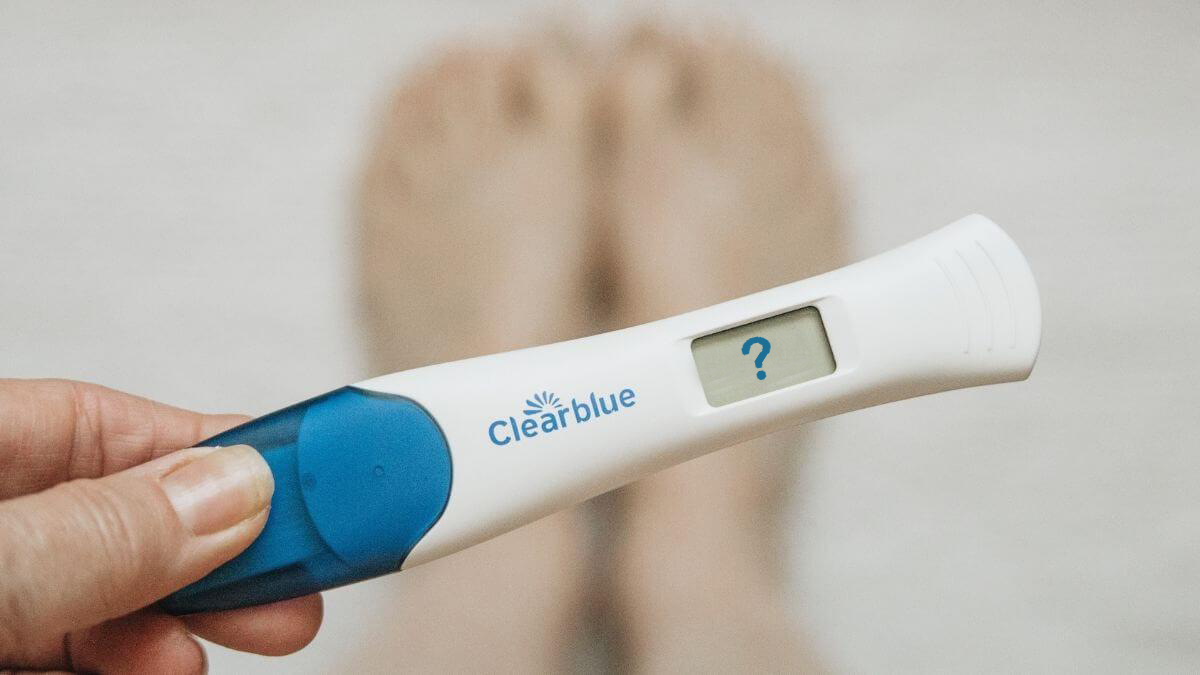
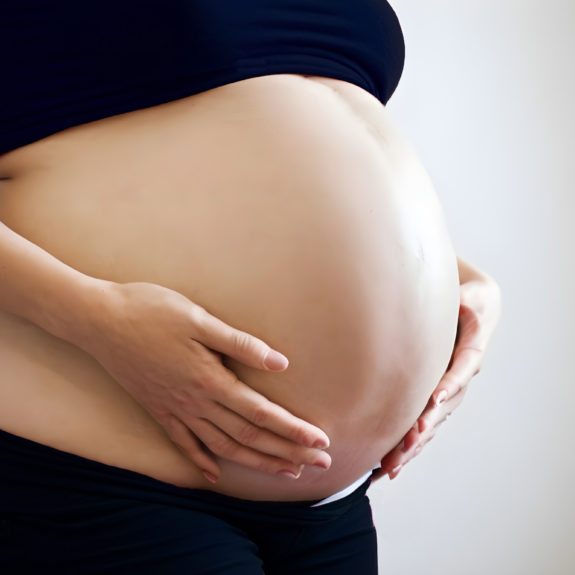
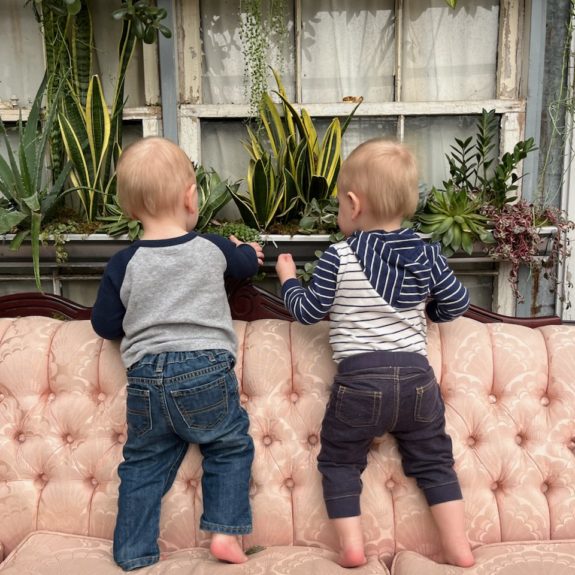
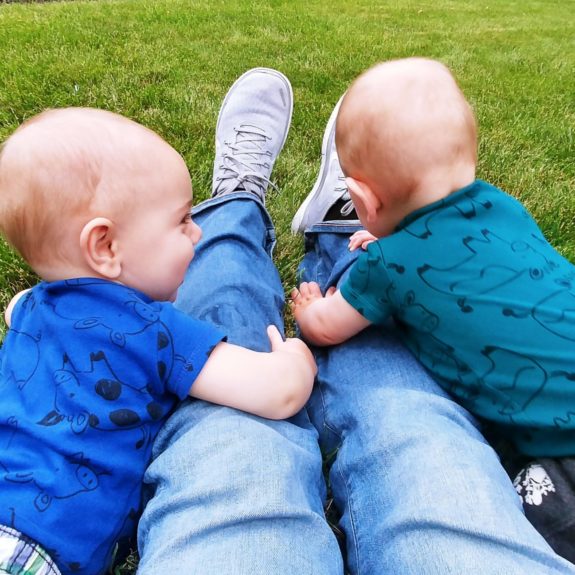


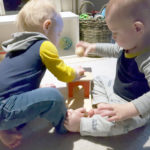

Leave a Reply
You must be logged in to post a comment.